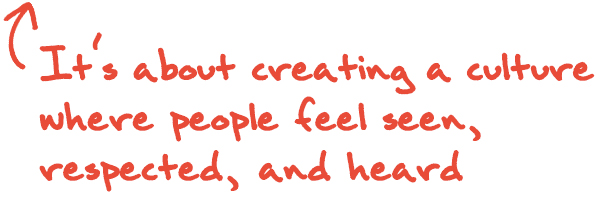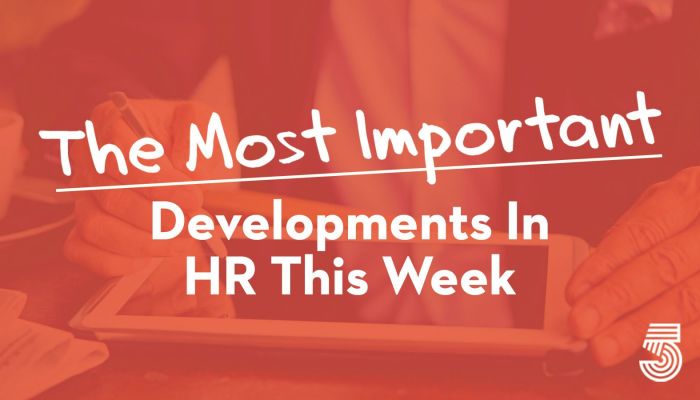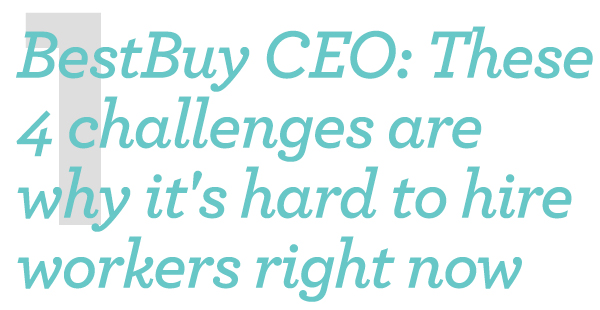
The economy is recovering but plenty of pandemic-era problems remain: Working parents are struggling to find adequate child care, and people in jobs that require face-to-face interactions must weigh the health risks of returning to work. Big retailers are taking notice, Best Buy (BBY) CEO Corie Barry told CNN Business’ Nathaniel Meyersohn during a media call discussing the company’s earnings Thursday. Even as sales are ramping up, Best Buy is seeing a dip in job applications — although it does still receive more applications than it has open positions, Barry said. There are four main reasons for this: Some working parents are still being forced to balance their child care responsibilities with their jobs. Secondly, “There are still health concerns,” Barry said. “And people who maybe don’t want a career in retail due to health concerns.” Third, retail is among the jobs that have changed most heavily over the last year. At many companies staff members were turned into essential front-line workers overnight. Not every retail worker may want to continue to sign up for that as the pandemic continues. Finally, companies like Best Buy are facing more competition for staff. CNN Business

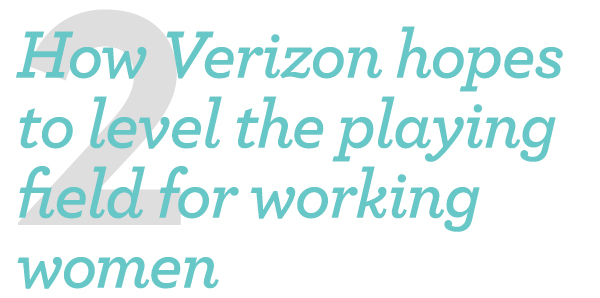
Among the many side effects of the COVID-19 pandemic has been a mass exodus of women from the workforce, as they bear the brunt of added caregiving responsibilities and other ongoing inequities. Global telecom giant Verizon sought to respond to that trend with a series of tailored programs, including most recently the launch of the Women’s CoLab. Verizon calls the initiative a “collaborative career engine” that offers women everywhere — employees, customers and the public — access to digital resources designed to help them grow professionally and personally. The program will offer free content, thought leadership from industry experts, and training and networking opportunities. “Our vision is to develop a network powered by women for women and call on our partners to create a broader community of support that will ultimately shape a more equitable future,” CHRO Christy Pambianchi wrote in a letter to employees announcing the initiative, with Tami Erwin, CEO of Verizon Business, and Rima Qureshi, chief strategy officer at Verizon. HR Executive
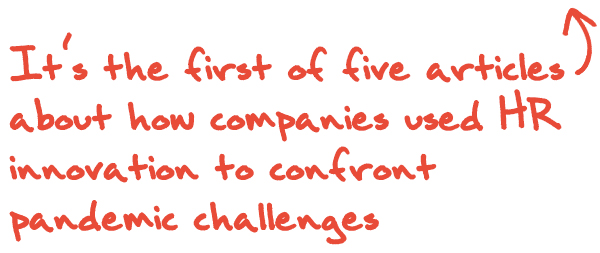
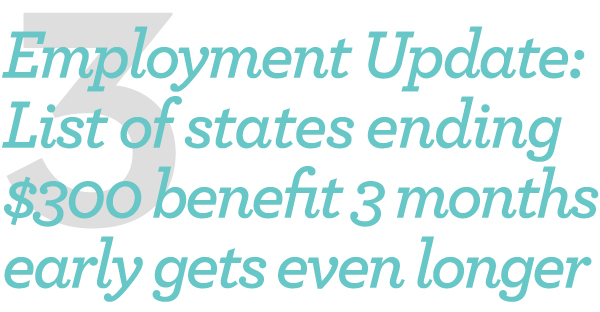
Nearly two dozen Republican-led states are ending the federal extra $300 weekly unemployment benefit three months early. Millions of unemployed people had expected the $300 weekly payments to continue through early September, the end date stated in the American Rescue Plan Act. But now some states are curtailing the payments prematurely, as soon as next week. The states ending early are Alabama, Alaska, Arizona, Arkansas, Florida, Georgia, Idaho, Indiana, Iowa, Mississippi, Missouri, Montana, New Hampshire, North Dakota, Ohio, Oklahoma, South Carolina, South Dakota, Tennessee, Texas, Utah, West Virginia, and Wyoming. The end dates differ by state, and run into early July. Fast Company

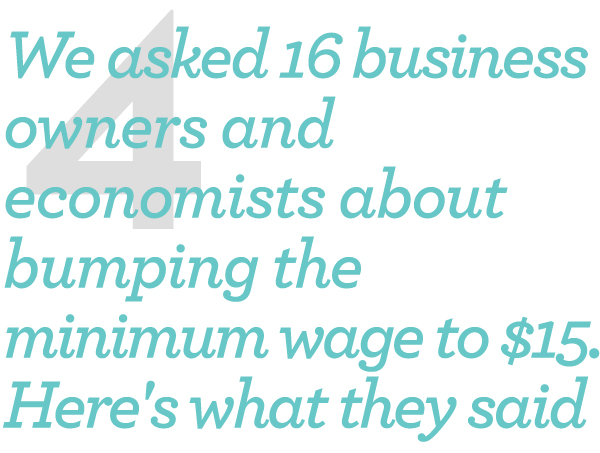
The global pandemic and subsequent recession have brought many companies to the brink. At the same time, the fortunes of the 1 percent continue to rise, widening the racial and gender wealth gaps. Depending on which side of the issue you’re on, it’s either the most crucial or the most fraught moment ever to address a long-simmering debate: What’s a livable wage? And how responsible are employers for paying one? The current federal minimum wage of $7.25 an hour hasn’t budged since 2009 — the longest the U.S. has delayed an increase since the inception of the minimum wage in 1938. And while a hotly contested $15 national wage did not wind up in the latest stimulus package, the issue isn’t going away; President Biden will likely pursue it later in his term. Below, some of the smartest leaders, founders, and labor experts we know weigh in on the pros and cons of pushing the federal minimum wage up to $15. Inc.
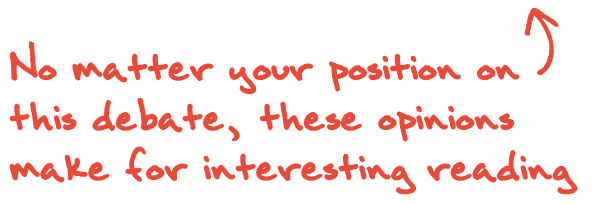
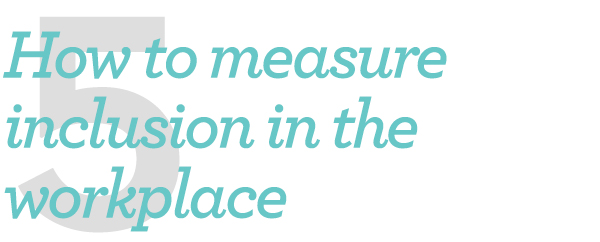
More than 1,600 CEOs have signed onto the CEO Action for Diversity & Inclusion Pledge, and 40% of companies discussed diversity and inclusion in their Q2 2020 earnings calls versus only 4% the same quarter a year prior. According to Gartner research, the number of HR leaders identifying DEI efforts as a top priority was 1.8 times higher in 2020 than in 2019. Gartner analysis reveals an almost 800% increase in job postings for dedicated diversity recruiters. While a recent Gartner survey reveals DEI leaders indicated that “setting goals and tracking DEI progress through metrics” was one of their two top priorities for 2021, measuring workforce representation is a challenge unto itself, particularly for global organizations that need to manage self-identification and define their underrepresented talent segments across geographies. Even once you have that demographic information, it’s hard to know what mark you’re trying to hit: What does “good” look like, in terms of representation? But inclusion, and a work environment where all people feel respected, accepted, supported, and valued, allowing all employees to fully participate in decision-making processes and development opportunities within an organization, is even more of a challenge to measure. HBR
